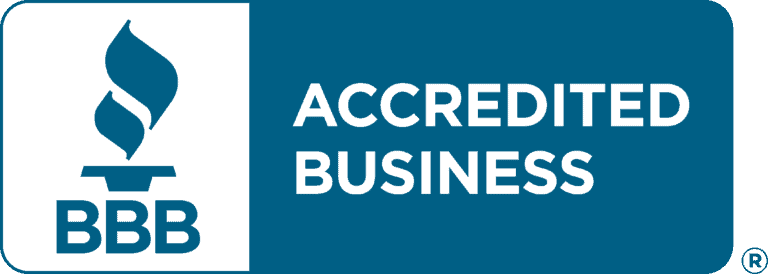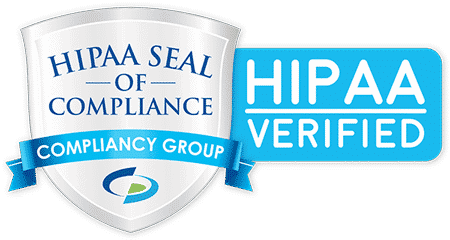Over the past few months, the US economy came to a standstill due to the impact of COVID-19. This is causing a cash crunch among small businesses and corporations alike. With a 14.7% unemployment rate (as of May 8, 2020) and millions of Americans staying in and working from home, many businesses are facing significantly reduced revenue as consumer demand has ground to a halt. The potential to renegotiate a real estate lease could be an easy option to reduce expenses.
It makes it the perfect time to discuss renegotiating a commercial real estate lease and the latest updates in this real estate climate. Rent is an unavoidable expense most business owners face, so any amount of rent that you can reduce or defer may help businesses to survive, especially while we wait for the economy to restart and rebound.
While this article applies to COVID-19-impacted businesses, much of the information shared applies to renegotiating a lease at any time. Even if you’re a business fortunate enough to weather this economic downturn just fine, you can still benefit from renegotiating your commercial lease and lowering your rent expenses.
What You’ll Learn
- Why You Should Renegotiate Your Lease
- Ways You Can Renegotiate Your Lease
- Tips for How You Can Renegotiate Your Lease
Why Should You Renegotiate Your Lease?
There are many reasons to renegotiate your commercial real estate lease:
- COVID-19-induced economic downturn impacts your ability to pay rent. The majority of U.S. businesses are currently being hit by the economic slowdown. It is in your landlord’s best interest to work out an arrangement. They likely have a mortgage to pay and will find it difficult to locate new tenants if the economic downturn is prolonged.
- Market conditions changed. The building value where you are renting may have decreased or you can find better deals for a comparable office or retail space elsewhere, especially if those rental rates are the norm and not the exception in your market. You may be able to secure a better deal and avoid the cost of relocating when your current lease expires.
- Need to free up cash flow. Rent is an unavoidable monthly expense, so if you can spend less, you’ll have more cash to spend elsewhere.
- Suspect you’re overpaying. You may have overlooked details in your commercial real estate lease or not realized what you’d be paying in common area maintenance (CAM) fees over time.
- Because you can. Never settle for the status quo. If you can, you should get a better deal on what you are currently paying in rent.
Ways You Can Renegotiate Your Lease
Sublease Unused Office Space
If you have unused space, consider subleasing the space. Check your lease or ask your landlord to make sure they are fine with this.
Rent Deferment
If you have been hit by COVID-19, but you know your business will bounce back quickly after everything returns to normal, you can request a rent deferment. A rent deferment enables you to delay paying rent for a specified period of time and then pay it back at the end of the period, potentially with interest. Consider it to be like a loan.
You can also request that your landlord tack on the unpaid months to the end of the lease – extending the end date of your lease. Most landlords are willing to take your unpaid months and put them at the end of the lease since at that point you’re paying your highest rate rent.
Rent Abatement / Partial Rent Abatement
Rent abatement is a temporary period of time where your landlord suspends your rent payments, either partially or fully. This scenario typically kicks in if the space you are renting becomes unusable and needs to be fixed, rather than if an abrupt economic downturn occurs.
In the current climate, requesting a total rent abatement should be considered as something of a last resort; your landlord may take this as a signal that you anticipate your business will not survive the downturn. However, you may be able to request a partial rent abatement – with or without the offer to add the unpaid amount to the end of the lease.
Rent Reduction / New Rental Rates
Request to pay less rent. Market conditions have likely changed and you may be overpaying if more attractive rental rates for similar spaces predominate in your area. Check out what the going rate is for other comparable leases and then approach your landlord to negotiate a better rate.
Request Changes to Your Fees
Your lease contains common area maintenance (CAM) fees, which you can negotiate. Common area maintenance is a fee billed to tenants of any building to pay for the cost of maintaining commonly used areas. These fees cover things like building maintenance, parking lots, landscaping, utilities, snow removal, and so on. They can encompass both fixed and variable costs.
CAM fees are one way you can end up paying more without realizing it due to how landlords set these fees. You can also end up paying more if your lease does not spell out exactly what the CAM fees cover, when they need to be paid, and how much they can increase by. If your lease does not have this in writing or does not have a cap on the CAM fees you pay, it is something to renegotiate.
How to Renegotiate Your Commercial Real Estate Lease
- Start early. Give your landlord as much notice as possible if you anticipate you will have issues paying rent. Many property owners are also small business owners who will be affected by this as much as you are. Any loss of income is going to be difficult to replace in the upcoming months. They’re likely paying a mortgage on the building you’re renting, so if the loss of your payments caused them to miss payments, it could trigger a foreclosure. It is in both of your interests to start this dialogue as early as possible.
- Review your lease and what you’ve been paying. Make sure to look over the fine details of your lease. You want to know exactly what you’re paying for, if there are any clauses in your lease that govern your situation, and if everything you’re paying for is spelled out directly in the lease. You also should review your monthly rent and common area maintenance fees you pay.
- Set up a call. Make sure to set up a call with your landlord. Communicating through email makes it easier for people to disconnect emotionally and any kind of written communication can be misinterpreted.
- Have specifics in mind. This should be a no-brainer, but make sure to enter into these negotiations knowing exactly what you want.
Conclusion
If you think your landlord is charging you too much, you’re probably right. Most of our clients save on average 18% on what they’re currently paying in the areas we examine, and we bet you will too.
Let us take a look to help you find ways to save in your commercial lease agreement. Send us a quick email to request a review of your lease agreement and get started saving right now.






